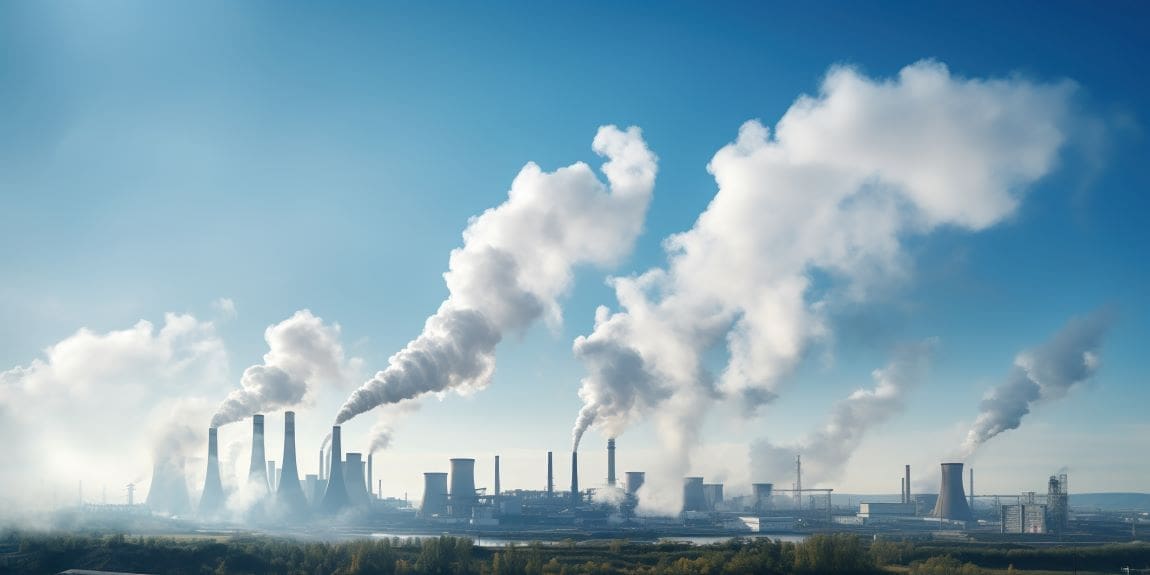Beijing, China – China’s top climate envoy will head to the United States for talks with US counterpart John Podesta on Tuesday, Beijing said, as the world’s top two emitters seek to deepen cooperation on combatting global warming.
Beijing’s Ministry of Ecology and Environment said in a statement that Special Envoy for Climate Change Liu Zhenmin will head to the United States from May 7 to 16.
He and Podesta will discuss “promoting China-US climate cooperation to achieve practical results”, the ministry said.
The US State Department said the talks would take place in Washington.
It also said the two sides would discuss issues “including energy transition, methane and other non-CO2 greenhouse gases, circular economy and resource efficiency, low-carbon and sustainable provinces/states and cities, and deforestation, among others”.
The talks will be the first in-person between the two envoys since taking their positions as well as the first between the United States and China on the environment since the UN’s COP28 summit in Dubai late last year.
That summit saw nations endorse for the first time a call for an eventual transition away from fossil fuels responsible for global warming.
Prior to the meetings, Liu and Podesta’s predecessors met in California for talks that culminated in a joint statement from the world’s two largest carbon-emitting nations that helped form a basis for COP28.
Beijing said the two envoys planned “an in-depth exchange of views” on the agreement forged during those talks, known as the Sunnylands Statement on Enhancing Cooperation to Address the Climate Crisis.
Relations between the United States and China have soured in recent years on everything from trade to the self-ruled island of Taiwan, which Beijing claims.
Last month, US Secretary of State Antony Blinken visited Beijing for the second time in less than a year, pointing to improvements in the relationship even as the top US diplomat urged greater action from Beijing on areas including curbing support for Russia.
But climate has long been seen as an area where the two powers — the world’s top greenhouse gas emitters — can find common ground.
China is the world’s biggest emitter of the greenhouse gases driving climate change, such as carbon dioxide.
A recent jump in approvals of coal-fired power plants has added to concerns that China will backtrack on its goals to peak emissions between 2026 and 2030 and become carbon-neutral by 2060.
bur-oho/je/tym
© Agence France-Presse
This article was produced by AFP. For more information go to AFP.com.
(Featured image credit: nuraghies – Freepik.com)




